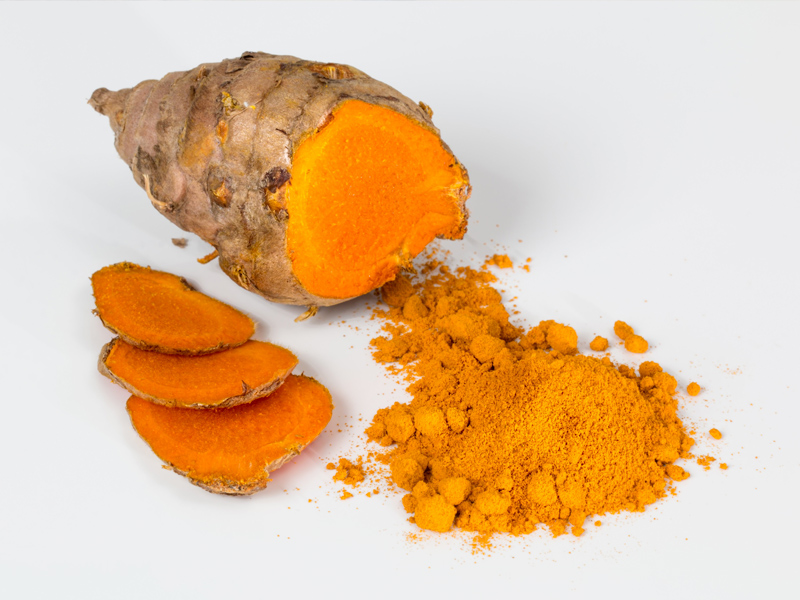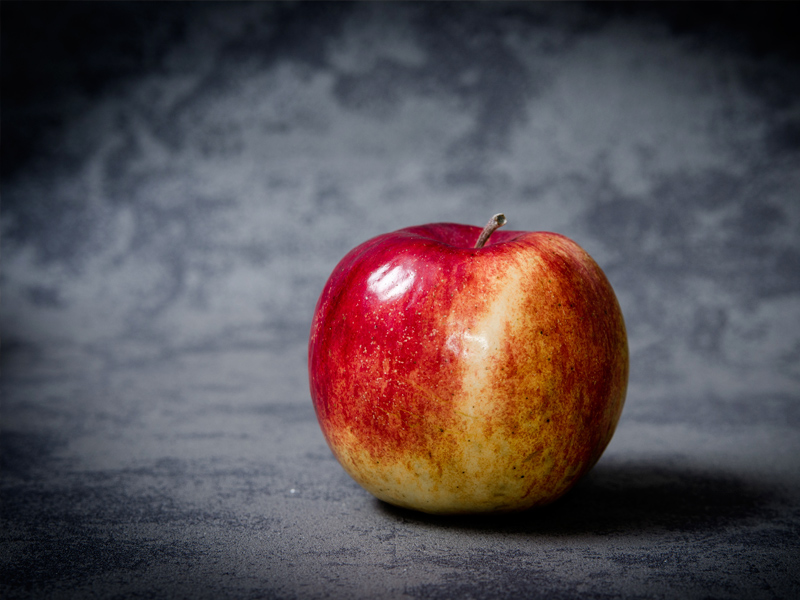Your position:
Home >
Industry Information
12 Healing Foods to Eat After Surgery or Injury.What to Eat for Fast Recovery
Power foods allow for proper repairing and maintaining of tissues, cells and bones. When you experience any type of injury to your body or have a medical procedure — from minimally invasive to major surgery — consuming the right foods can put you on a faster path to getting your body back in functioning order.
The Cleveland Clinic suggests that diet needs increase when your body fights wounds and infections. When your body is on the mend from an ailment, you should elevate your caloric intake. This includes upping your daily amount of vitamins, minerals and proteins. In a typical day, the Cleveland Clinic suggests you consume the following when your body is in a healing process:
5 servings of grains
2 servings of vegetables
3 servings of fruit
5 to 8 servings of protein
3 servings of dairy
If you can’t meet the above nutritional needs, the Cleveland Clinic advises adding oral nutrition supplements, taking a daily multivitamin that includes minerals, and if necessary, scheduling an appointment with a registered dietitian. As always, it's a good idea to check with a healthcare professional before adding supplements to your diet.
The following are 12 foods that have been shown in scientific studies to aid in the healing process and get you on track for recovery.
1,Wild Blueberries for Your Heart
Blueberries are known as the “super fruit” due to their antioxidant capacity of their polyphenolic compounds. Research published in the July 2019 edition of Advances in Nutrition suggests that a moderate intake of these berries (approximately 1/3 cup) daily is associated with a risk reduction in cardiovascular disease.
Blueberries can also help with weight maintenance, putting you at a lesser risk of future weight-related cardiovascular events. They are recommended if you are recovering from a heart attack or cardiovascular event as well.
In addition, researchers state that the regular consumption of ripe blueberries is unconditionally recommended to benefit public health.

2,Ginger for Nausea
In an April 2013 review published in the International Journal of Preventive Medicine on the effects of ginger in health, researchers found that ginger contains antimicrobial properties to help keep you healthy.
Ginger can also help those enduring chemotherapy. According to a double-blind study published in Support Care Cancer, the spice in a daily dose of 0.5 grams to 1 gram can significantly reduce chemotherapy-induced nausea in adult cancer patients. (Nausea is reported in more than 70 percent of patients receiving chemotherapy.)

3,Oatmeal for Digestive Issues
If you experience gastrointestinal issues after a surgery or have trouble absorbing nutrition, eating a bowl of oatmeal in the morning could help.
According to a 2015 February review on the nutritional advantages of oats published in the Journal of Food Science and Technology, whole oats contain a significant amount of dietary fiber that can aid in regulating digestion, promoting laxation and serve as a base for gut microflora.
Although you can get oats in wheat and rice products (and these are consumed at much higher quantities than oat), oat is consumed as a whole grain rather than in processed products, making oats often healthier.

4,Honey for Mending Wounds
Good news for those of us with a sweet tooth: honey is an effective food in caring for your wounds. In fact, honey is the oldest wound-healing agent known to humans, and works even better when held up against certain modern medications, according to a spring 2017 review published in Pharmacognosy Research.
Dating back to the Stone Age, honey has been involved in wound healing because of its bio activities, including its anti-inflammatory, antiviral and antibacterial properties. The sweet treat also induces leukocytes to release cytokines, which is what starts tissue repair anytime you incur a wound.

5,Citrus Foods for Healing Wounds
The metabolites found in citrus fruits, such as oranges, lemons and limes, offer bio activities that can help increase your body’s ability to heal from wounds.
Such bio activities include anti-inflammatory, anti-allergy, antioxidant and anti-microbial properties. In fact, you don't even need to eat the fruit.

6,Mushrooms for Healing Wounds and Gut Health
In a September 2017 critical review published in the International Journal of Molecular Sciences, researchers found that edible mushrooms offer bio activities that help wounds heal. These bio activities include anti-allergic properties and carbohydrates that play a significant role in immune-stimulating glucans.
In addition, the prebiotics in mushrooms stimulate growth of microbiota in the gut. Although you will find several sources of prebiotics in any supermarket, mushrooms offer easy availability and have been studied significantly more than other prebiotics.

7,Avocados for After Heart Surgery or Stroke
Anyone who experienced a cardiovascular event might want to add avocados to your grocery list. Eating avocados can improve your overall diet, nutrient intake and lower your risk of metabolic syndrome (a cluster of conditions that increase your risk of heart disease and stroke), according to a seven-year examination survey published in Nutrition Journal.
Examiners found that those who consume avocados also eat higher amounts of vegetables and fruits, have a better diet quality of monounsaturated and polyunsaturated fats, eat more dietary fiber and have a lower intake of added sugars.

8,Turmeric for Pain After Surgery
One of the main ingredients in curry powder, turmeric is one of the best nutritional supplements you can find. According to the National Center for Complementary and Integrative Health, this spice is used for serious pain, inflammation of arthritis, skin problems, cancer and stomach issues.
You can apply turmeric to the skin or consume the spice via a number of foods or in tea if that's easiest on the stomach. (Drinking turmeric in tea could be especially helpful after surgery when your digestive systems might not function as well.)

9,Apple Cider Vinegar for Allergies
For anyone experiencing antibiotic resistance or prefer not to use antibiotics for wound care, the acetic acid content of apple cider vinegar can serve a potential substitute.
In a recent study published in Scientific Reports, researchers suggest that the global elevation of antibiotic resistance means that alternatives to antimicrobials are necessary. In fact, the World Health Organization (WHO) predicts that infections “involving antibiotic resistant pathogens will pose major patient care management issues in the future."
To help solve for this global health issue, researchers investigated apple cider vinegar against E. Coli, S. aureus and C. albicans. They found that the apple cider vinegar has several antimicrobial possibilities and offers valuable clinical implications.

10,Nuts for Improving Insulin Resistance
Nuts have also been found to keep weight down after surgery, improve insulin resistance, and contribute to mending wounds. The following nuts can better your health, according to a December 2017 systemic review on nuts published in Nutrients:
Almonds can improve your health consumed in both small and large quantities, from 10 grams a day to 100 grams a day. Almonds can reduce blood glucose, improve insulin resistance and help those who can't or don't wish to take statins for cholesterol. Almonds also help control satiety for those following a low-calorie diet.
Whether you take a few or chronically consume walnuts, walnuts offer beneficial effects on healing after surgery. They reduce your cardiovascular risk, improve diet quality and give you the dietary fiber needed when surgery might affect your digestive systems.
Pistachios are also associated with health improvements. Consuming shelled pistachios of 40 grams (or 1.5 ounces) per day for three months reduced fasting glucose, improved vascular functions and lowered LDL concentrations. Eating larger amounts yielded positive results in risks of cardiovascular events.

11,Apples for Cancer or Recovering From Heart Surgery
Whether you prefer the sweetness of a Fuji or the tartness of a Granny Smith, apples can assist those diagnosed with cardiovascular disease or cancer.
With their rich source of phytochemicals, consuming this fruit can inhibit cancer cell growth, lower cholesterol and reduce your risk of cardiovascular events and chronic disease, according to a study on apples and their health benefits published in Nutrition Journal.

12,Milk for Mending Wounds
According to the Cleveland Clinic, among the best foods for healing wounds are proteins, which includes milk. The organization recommends 3 servings of milk a day when you're trying to recover from an injury. To reach this number, you can do the following:
Substitute milk for water in recipes
Drop in powdered milk in your yogurt
Add liquid or powdered milk to your smoothies or oatmeal
Mix in a little milk in your soups
If you can't stomach the taste of milk, you can use yogurt, cheese or soy milk as a substitute.

Previous:Diosmin is a little class associated with agents known as phlebotonics
Next:Research indicates that vitamin D3 supplementation can help repair damage to the cardiovascular system























